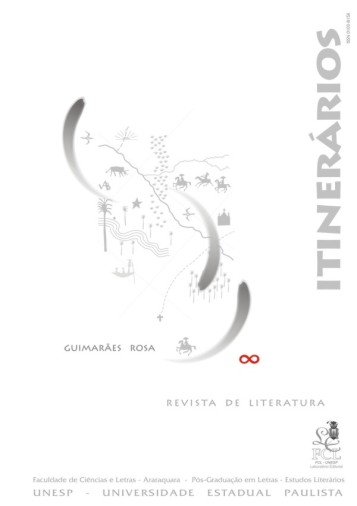Why do sing the shepherds? An interpretation of the latin bucolic gender, under the perspective of prosody and metrics
DOI:
https://doi.org/10.58943/irl.v0i0.5229Keywords:
Virgil, Bucolics and Eclogues, Amoebaean verses, Gavino Ledda, Padre PadroneAbstract
Vocalic quantity is a fundamental feature of the prosody in Latin language and, although not usually performed in the reading of poems, it is the most relevant characteristic of the nature and constitution of Latin verses. Quantity is so essential to the poetic songs, especially to the shepherds’ songs sung in the bucolic poetry, whose paradigm are Theocritus’ Idylls, and whose worthy continuer is Virgil. In Virgil’s bucolic poems, it is quite common to fi nd shepherds alternating songs between themselves: the amoebaean verses. The objective of this paper is, therefore, to do a literary reading of such tópos, taking as starting point the intertextual relationship that is founded in the generic derivation, but also and mainly the relation that can be apprehended through an integrated reading of the Latin prosody and metrics in the poetic text, objectifying not just specifi c codes of the bucolic gender, but, above all, data that are inferred from modern reality, as the ones Gavino Ledda has provided us in his novel Padre Padrone, and that can be approximate to the reality of the old fl ock keepers of Sicily. At the same time, this paper tries to see in that measure vocalic quantity and verbal rhythm act together for materializing the poetic text and giving it its characteristic poetic expression.Downloads
Issue
Section
Varia
License
Os manuscritos aceitos e publicados são de propriedade da revista Itinerários. É vedada a submissão integral ou parcial do manuscrito a qualquer outro periódico. A responsabilidade do conteúdo dos artigos é exclusiva dos autores. É vedada a tradução para outro idioma sem a autorização escrita do Editor ouvida a Comissão Editorial.

